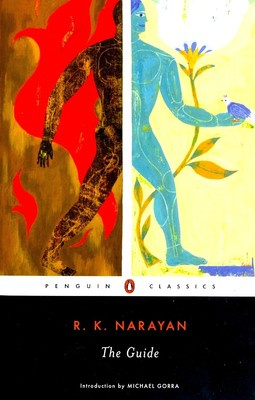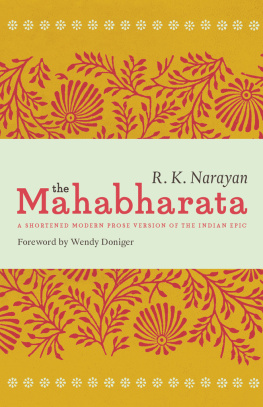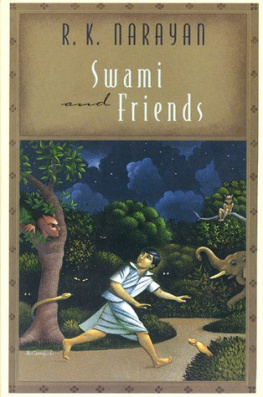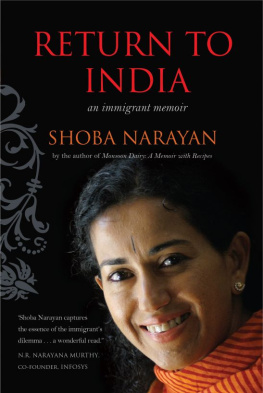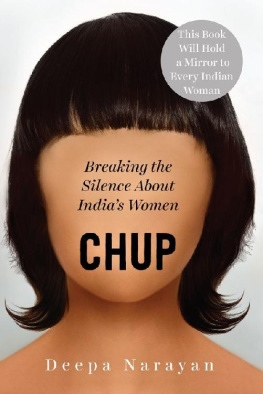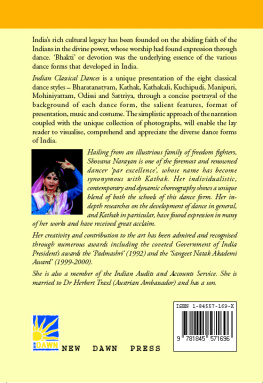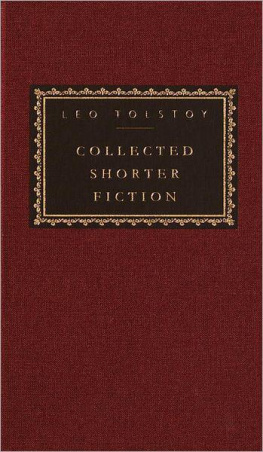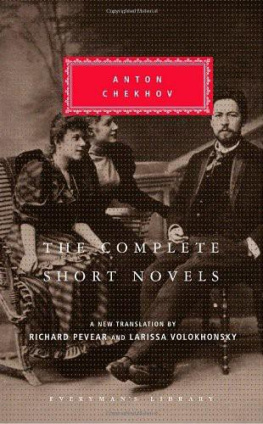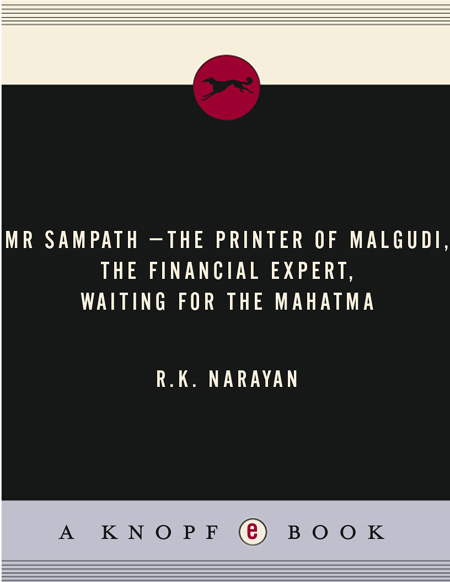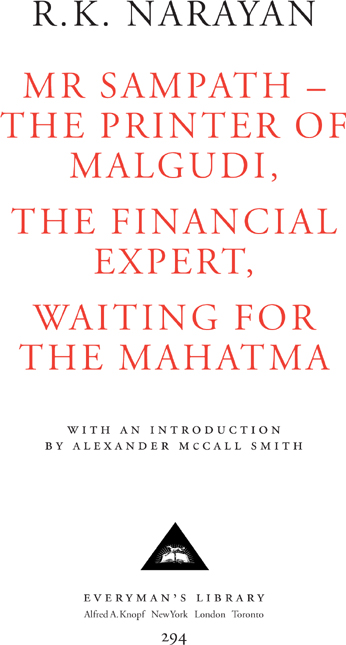INTRODUCTION
__
A novelist of little things
India has long occupied a special place in the imagination of outsiders. It is in every sense an astonishing country a country which is immensely rich in history, which is inhabited by the most remarkable and engaging people, and which holds within its boundaries virtually every type of landscape one might care to contemplate, from Rajasthan deserts to high Himalayan snowfields. For those who are smitten by India and their number is legion there is a rich body of literature in English with which to nurture this passion. One might pass a lifetime in a library of Indian memoirs, topography, history, religion, and philosophy, and, of course, fiction. And on those fiction shelves one would come across, in pride of place, the novels of R. K. Narayan, all well-loved short books with beguiling titles (how could one resist a book called The Vendor of Sweets?), and each of them a delightful window into the world that is India. Who was he, this scholarly-looking man with his heavy-framed spectacles and his air of intense concentration? Why are his books so cherished and admired by enthusiasts in so many countries?
R. K. Narayan is one of those novelists who commands universal affection. The cult of twentieth-century best-sellerdom created many writers who were far better known than Narayan and who consequently commanded much larger audiences. It also produced those who were much better rewarded in the financial sense and who moved on an international stage amongst the glittering and successful of this world. Few of such writers, however, have been loved in quite the same way as Narayan was. And few of those to whom literary success came succeeded in remaining much the same people at the end as they were at the beginning. Narayan, however, did just that. He led a relatively simple, family-oriented life, and he died more or less where he began, a member of the same community which he so lovingly recorded in his novels. And when he died, a whole world came to an end the world of Malgudi, the town he created and peopled with a cast of characters who remain so utterly memorable.
Narayan was born in 1906, and his life more or less spanned the century. The India into which he was born was the India of the British Raj, part of an empire that bestrode the globe and which had complete confidence in its place and its mission. To be born an Indian at such a time involved being part of a somewhat complex and contradictory society. At the same time as being a citizen of a world-wide empire, with all the cultural baggage that went with that, one was also a member of a nation that had been conquered (and not for the first time, in Indias case). That gave rise to a particular form of cultural identity in which one was part of a metropolitan culture yet peripheral to that culture, a semi-outsider. But then there was ones own culture in Narayans case, Hindu culture which gave a very strong and a very complete identity, much stronger in many respects than the imposed culture of colonialism. This mixture of Hindu and British cultural influences meant that an educated citizen of the Raj had at least two great and subtle languages upon which to draw; two world views; two aesthetics; two souls, perhaps. This was cultural pluralism before the term had come into common usage.
Rasipuram Krishnaswami Narayanaswami (simplified to R. K. Narayan, at the suggestion of Graham Greene) was a member of a comfortable Brahmin family in Madras. His early life is well documented in his entertaining autobiographical memoir, My Days, published when he was almost seventy. In India, family background and caste could then, and still may, entirely determine what one was to do with ones life. Narayans caste was one noted for its intellectual distinction and high culture. His father was a headmaster, whose work required that he be transferred from time to time, and for this reason, amongst others, Narayans upbringing was largely entrusted to his grandmother, a redoubtable character who took it upon herself to supplement what she saw as her grandsons inadequate education at the local school. She instructed him not only in the more mundane subjects, such as arithmetic, but also in mythology, classical Indian song, and Sanskrit literature. If one looks for the early influences in his life which set Narayan off on the course of being a writer, then surely it must be these afternoons at the feet of his grandmother that played a vital role in producing the gifted and creative storyteller who eventually emerged.
Narayans early education is amusingly described in My Days. He went to a number of schools, some better than others, and ended up studying in Mysore, at the school where his father was headmaster. Reading today his account of his life in school, one is struck by the colourful nature of the education meted out to children in those days. Teachers were as often as not eccentric, lazy, or brutal, and, although Narayan does not discuss the syllabus in any detail, one suspects that much of it was unimaginative and dominated by rote learning. Certainly, Narayan appears not to have enjoyed the academic side of his schooldays, and reveals that this emotional antipathy to formal education continued into his later years; even as a grandfather his sympathies lay with his young grandson when he showed a disinclination to go to school.
Not surprisingly he failed to get into university at his first attempt, and this gave him a year during which he could read at leisure before making another attempt at the entrance examinations. He spent this year in Mysore, which he thoroughly appreciated as a city, passing his time in taking walks to places of interest and reading widely. To the modern mind, with our insistence on the parcelling out of time, a year of reading seems an almost unattainable luxury, redolent of the simpler, less-hurried world which we have now lost. Narayan details some of his reading of the time, and tells us that he revelled in tragic endings. He was particularly fond, he says, of stories in which the heroine wasted away from consumption. But melodrama was not his only fare: he also discovered Wode-house, Arnold Bennett, Thomas Hardy, and, he says, almost every English writer of any significance. In this way he immersed himself in a fund of stories, to which he was later to contribute so generously when the Malgudi novels began to stream from his pen.
His early writing efforts stem from this period of waiting and were guided by a book which he found called How to Sell your Manuscripts. Every author will recognize the hopes and disappointments of that stage of a writing career and will remember the role played by the mailman. Narayan sent off manuscripts of his juvenilia to London, and was, of course bitterly offended by the cold rejection slips. Like one of the characters in his own novels, he believed in his vocation against all the odds that are stacked against the neophyte writer and he felt sufficiently confident, after an indifferent university career, to set himself up as an author. There had been a few half-hearted attempts at a more conventional career, including a spell as a teacher, but these never amounted to very much. Fortunately for Narayan, the Hindu family system was sufficiently supportive for him to set out to live the life of a man of letters well before a penny had been received for anything he had written.


